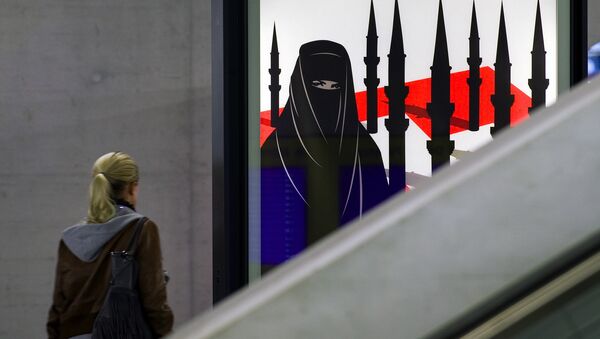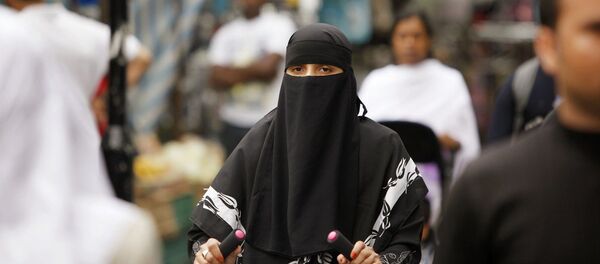Initially, the plan would have excluded people from wearing balaclavas and masks during protests, however it was reported that lawmakers restricted the ban to religious veils to avoid comparing people who wear the garments to masked hooligans.
The ban will apply to both tourists and locals, with anyone caught breaking the rules facing fines of in between US$100 and US$10,000.
Giorgio Ghiringhelli, who drew up the proposal, said it would send a message to "Islamist fundamentalists" who he said were operating in the region:
"Those who want to integrate are welcome irrespective of their religion. But those who rebuff our values and aim to build a parallel society based on religious laws, and want to place it over our society, are not welcome."
However, many were heavily critical of the developments, saying that it discriminated against the religious beliefs of some people, while Amnesty International said the result was a "black day for human rights in Ticino."
The Swiss region isn't the first to implement such a ban, after France became the first country to ban people from wearing the burka and all other forms of covering of the face in 2010.
The law was upheld by the European Court of Human Rights in 2014, while similar forms of legislation have been passed in Belgium.
Syria, Senegal, Chad, Niger and Cameroon are among other countries who have banned religious veils that cover the whole face over fears extremists may be using them to hide their identity before carrying out attacks.



